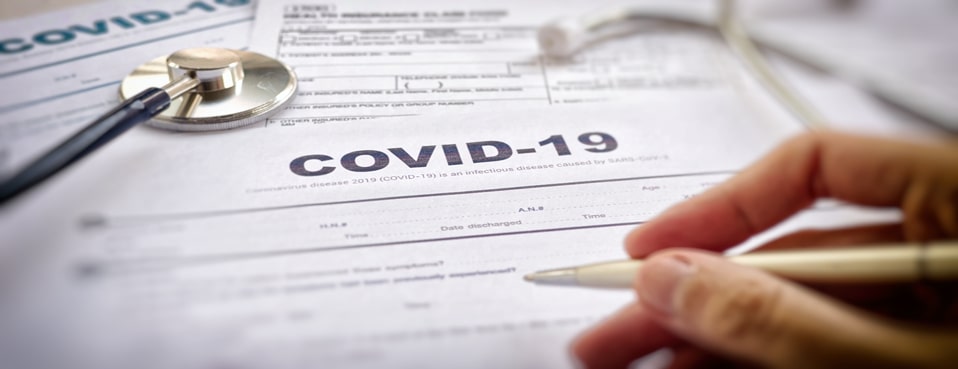The Internal Revenue Service (IRS) has once again handed off the collection of some back taxes to private collectors—a controversial move which comes as IRS-related scams are on the rise. With both scammers and the real thing out there, can you tell the difference?
Tax attorney Daniel J. Pilla dives into the controversy and potential pitfalls in his webinar for Eli Financial, “The IRS and Private Debt Collectors: Protect Clients and Avoid Scams.” Pilla reveals the rules which guide the program, notice requirements, exceptions to the use of private debt collectors, how to interact with private debt collectors, and how to avoid scams.
Private Debt Collections Target Low-Income Filers
Private debt collectors were unleashed by the IRS in the spring of 2017. The result, critics say, was resounding failure. According to a report by the Taxpayer Advocate, IRS spent $20 million and got just $6.7 million in outstanding taxes back.
“It does not appear that (private collection agencies) are particularly effective in collecting the debts assigned to them,” the report states. “In any event, the cost of the (private debt collection) program thus far exceeds the revenue it generates.”
Forbes also noted that the collectors were mostly targeting lower-income taxpayers. Of the 4,100 taxpayers who made payments after private collectors took over, more than one-quarter had incomes below $20,000.
“Maybe this program eventually will pay for itself,” wrote Forbes contributor Howard Gleckman. “But, so far, the evidence suggests it’s a much better deal for the debt collectors than for the rest of us.”
The program is also in place for debt owed by small businesses and the self-employed. Under either scenario, private debt collectors contact taxpayers, identify themselves, and have debtors make payment directly to the IRS.
As the Los Angeles Times noted, the program was not the IRS’ idea. It was mandated by Congress.
Avoid Scams: Don’t Pay Those Taxes with an iTunes Gift Card
The move back to private debt collectors—the practice has been tried and ceased twice—comes amid a growing number of tax collection scams, notes CNBC. Between 2013 and 2016, scammers took more than $36.5 million from about 6,400 victims.
Scammers, the Better Business Bureau notes, typically call “debtors” and demand immediate payment—some even take gift cards in lieu of back taxes.
“To combat fraud, the IRS says it is sending letters to taxpayers alerting them that their accounts are being turned over to private debt collectors,” explained Ohio.com. “The private companies will then send letters to the taxpayers before calling them.”
IRS spokeswomen Mary Beth Murphy told Ohio.com, “No one will hear from a private collection firm unless they have unpaid tax debts going back several years and they’ve already heard from IRS multiple times about this debt. We don’t collect taxes on iTunes cards or gift cards, and we don’t do it with aggressive, threatening phone calls.”
Security company McAfee notes that neither the IRS nor private debt collectors will ever…
- Demand immediate payment over the phone;
- Ask for personal or financial information by phone or email;
- Demand that you pay taxes without being given the opportunity to question or appeal the amount you (may or may not) owe;
- Require use of a specific payment form;
- Ask for credit or debit card numbers over the phone; or
- Threaten to send the police and arrest you for not paying.
Defend yourself and your clients, Pilla intones, by understanding the IRS’ requirements for private debt collections and what sorts of scams you are most likely to encounter.



